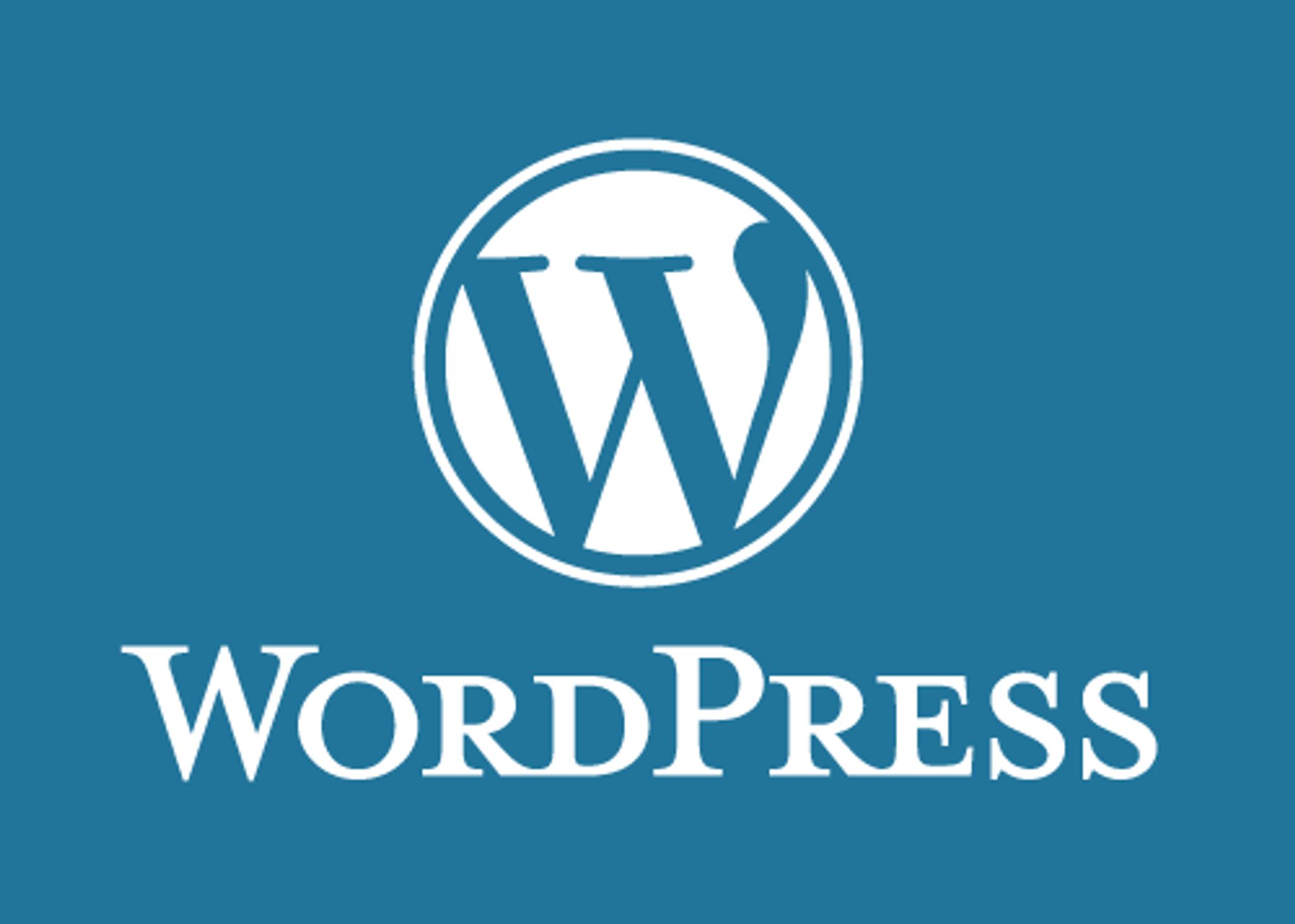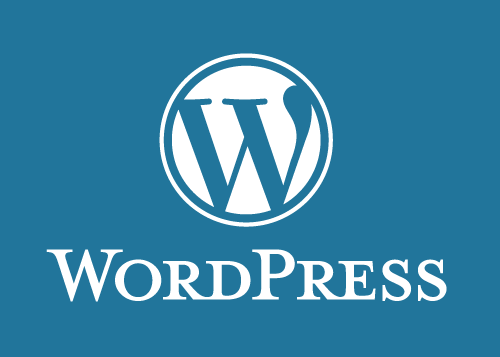WordPress is a CMS (Whether You Like it or Not)

WordPress is just a glorified blogging tool. Apparently.
The debate about WordPress' status has been raging for years now. Is it still just a blogging platform, or has it grown into a what can be described as a CMS?
It's a touchy subject for some, but I've always failed to see why. Today, I'm going to take you through my thought process regarding the debate, and why I believe WordPress is a CMS, whether people like it or not.
But more importantly, I'll discuss why – at the end of the day – the label barely even matters.

Uniquely Positioned
Thanks to WordPress' incredible popularity, it has evolved in ways which other platform haven't.
According to W3Techs, WordPress is used by 60.6% of all the websites whose content management system we know. That's around 22.9% of all websites.
Unsurprisingly, WordPress has a massive community with members contributing to the sea of themes and plugins every day. Many of these contributions give WordPress brand new abilities. In fact, with some straightforward theme and plugin selection, you can build anything from real estate websites to online communities with WordPress.
Relevant to this, you can check out one of my previous articles, where I discussed how WordPress is the Jack of All Trades.
This impressive flexibility and constant evolution puts WordPress in a unique position. It no longer occupies just the blogging niche. Instead, it has stretched itself out to be compatible with an extremely wide range of project types.
This stretching is what leads many to question WordPress' status as a CMS.
Modern Definitions Mean Little
As Mike Johnston, the founder of CMS Critic, pointed out at the Magnolia Conference 2014, the term CMS has been polluted. Marketing teams from all over the world have thought up newer terms and fancier acronyms, changing people's view of what a CMS actually is.
Google's definition of choice though, taken from the Plone CMS website, hits the nail on the head:
“A content management system, or CMS, is a web application designed to make it easy for non-technical users to add, edit and manage a website.”
Wikipedia's definition is extremely similar, and they are both definitions which we can all agree with.
In addition to that, It would be completely fair to say that both definitions describe WordPress fairly well.
The issue arises when the stripped down, true meaning of “CMS” is blown up with unnecessary jargon. In reality, those definitions hold very little weight, other than when they describe added marketing or administrative extras. The fact of the matter is, WordPress fits the definition of a CMS perfectly.
What They're Saying
WordPress began life as a blogging tool, and the voices which continue to label it as such have been loud for years. So, I wanted to highlight the other opinion held in this fiery debate.
Here are some notable names and interesting stances:
“WordPress deserves a place on most CMS selection shortlists.” – Janus Boye, CEO of Boye & Co
“Anyone who says that WordPress isn’t a “real” CMS is smoking something strong.” – Jason Mark, Smashing Magazine
“While the engineers are debating the merits of WordPress for applications, savvy organizations skipped the debate and moved on to actually building applications on top of WordPress. Because it was easy. Because it was free. Because it was there and it was possible. Because they had too much to accomplish to wait around in committee.” – Chris Lema, WPEngine
I think the quotes are self-explanatory. WordPress is holding its own in the world of CMS, because it offers everything a CMS should offer.
What They're Doing
In case the quotes above haven't convinced you, I'd also like to point out some of WordPress' more notable deployments. Not to showcase WordPress, but to demonstrate that it isn't just the choice of smaller companies.
WordPress helps power the online presence of NASA , Forbes , TED , BBC America , TechCrunch and many more. Those are big names, using WordPress beyond it's originally intended blogging tool status. And it's serving them well.
Of course, this isn't to say that WordPress is always the best choice. Being a confirmed CMS doesn't automatically mean that it should be used for every project.
Now, I'm not in madly in love with WordPress at the expense of any other platform. Far from it.
In fact, I wouldn't recommend it to be used for large-scale enterprise projects. There are better alternatives out there, many of which sit comfortably within the CMS category. As recently discussed, there is no best CMS, and it's extremely important to understand your needs before selecting one – WordPress included.
Unfortunately, just as there are great examples of WordPress being used where a “normal” CMS would usually be active, there are also many examples of where WordPress has been incorrectly chosen as the CMS of choice.
But does that mean WordPress isn't a CMS? Not at all.
Nothing to See Here
As previously mentioned, WordPress is the jack of all trades.
It isn't particularly amazing in any niche other than blogging, and it sacrifices being a powerhouse when it comes to things like digital asset management for the sake of simplicity. Yet at the same time, WordPress is a content management system, and a good one at that.
So, maybe it's time everyody got over it.
It may not be the most sophisticated CMS, but WordPress does everything a CMS needs to do, and then some. Going back to the actual definition, it's clear to see that WordPress fits right in.
For small and medium sized websites, WordPress is worthy of consideration. For the larger stuff, it's not as well equipped as others – but it is equipped. Just like with any other CMS in the world, some projects suit it better than others.
So, there's really not much to see here. Just another CMS that works well in some cases, and not so well in others.
And on that note, I'll end with extremely relevant quote from Janus Boye:
“My advice to the CMS Experts among the readers and anyone else reading these lines would be to stop discussing whether WordPress qualifies to be considered a CMS and instead move on and consider WordPress where it makes sense.”